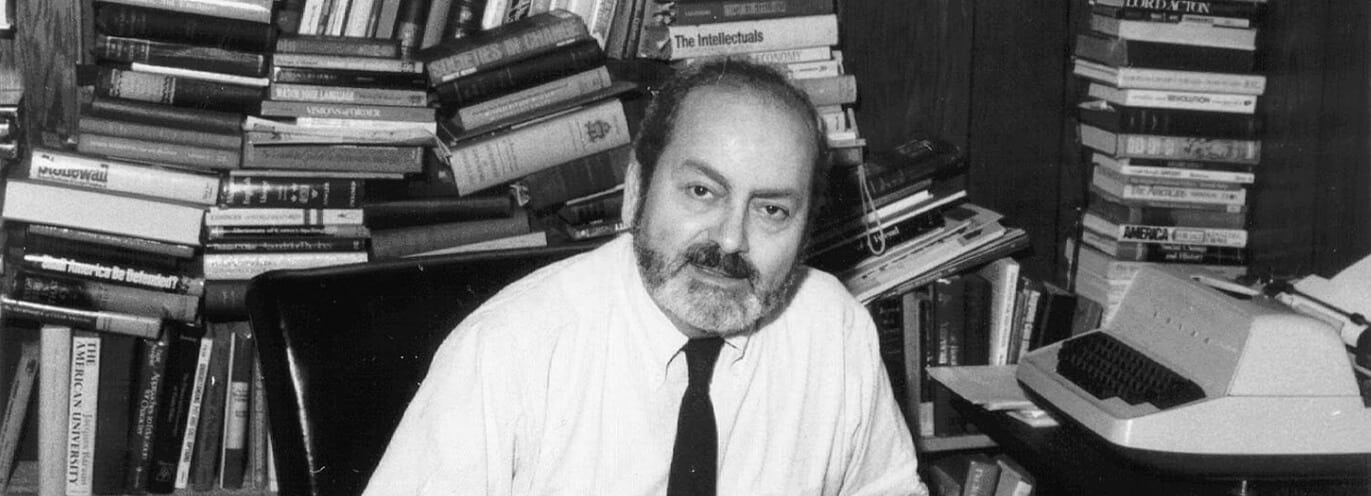“I told him it was not the perfect country and western song—because he hadn’t said anything at all about mama, or trains, or trucks, or prison, or gettin’ drunk.”
–David Allan Coe, “You Never Even Called Me by My Name”
Is the rapper Post Malone a country music artist now? Is his latest album, F-1 Trillion, authentic country music?
The brief answer to these questions: “Yes.” F-1 Trillion is, for better or worse, the defining country music album of the moment.
This is not a judgment of its quality but a diagnosis of its content. “Country music” isn’t just a genre; for many it’s a semi-sacred cultural tradition like Latin music or Irish folk. But it’s undeniably the case that a rapper with platinum teeth and face tattoos has released an album that encapsulates the current state of this musical tradition.
F-1 Trillion—released last month to positive reviews and just nominated for four Country Music Association awards—is the first country album released by Malone, real name Austin Richard Post, a rap and R&B superstar. He has said in interviews that he became dissatisfied with his creative output over recent years, leading him to look for other creative pursuits.
Echoing his musical beginnings as a kid recording acoustic Bob Dylan covers on YouTube, Post returned his focus to guitar. He began spending time in Nashville, drinking at the dive bars, meeting up with country’s biggest acts, sitting in on studio recordings, and organizing jam sessions. Many of these artists and songwriters ended up on the album, joined by several other members of industry royalty who were eager to get in on the project.
This seemingly good-natured stumble into the beating heart of the country music industry was the genesis of F-1 Trillion. Unfortunately, good intentions are not enough for more discerning listeners. Country fans are protective of their culture and hate the artistic compromises to authenticity that financial incentives have brought to the tradition.
For many of them, the length of the songwriting credits for F-1 Trillion is impossible to ignore. Post appears as a writer on each track, but the standard edition of the album has no fewer than four writers per song, and some tracks boast as many as eight. That’s not a jam session. That’s country music drafted by committee.
Country fans who value the singer-songwriter legacy of the craft see this as reason enough to dismiss F-1 Trillion without ever putting a needle to vinyl. These concerns are justified. But Post isn’t pretending to be anything he’s not. He didn’t proclaim F-1 Trillion a personal manifesto or songwriting magnum opus. He seems to have simply thrown himself at the mercy of the industry and asked the veterans how to put together a country album.
The decision to feature an established artist on almost every song of the album’s standard edition makes sense with this in mind. F-1 Trillion isn’t a rapper kicking in the doors of the country saloon and declaring himself a local. He’s a newcomer learning the ropes in an industry-wide exhibition of styles and subgenres.
This is exemplified on “Finer Things,” featuring Hank Williams Jr., a song in which the performers poke fun at themselves with boasts about their wealth and refined taste in country kitsch. Their lyrics praise the joys of wagyu steak on the grill, Pappy Van Winkle premium whiskey in a Solo cup, diamond rings, and deer hunting—all set to a honky-tonk rock guitar and bass.
When Williams and Post declare they have a “F-1 Trillion limousine,” they are grabbing the listener and shouting the thesis of the album: “I’m a multi-millionaire superstar. My life is utterly divorced from my listeners and they know it. But I love country music. So instead of pretending to be cowboys, let’s have fun.”
Hank Williams Jr. did not contribute lyrics to the track, but it was clearly written with his signature sound and lyrical style in mind.
Some guest artists did contribute lyrics on their feature tracks, such as contemporary golden boys of the industry Luke Combs and Morgan Wallen. In “Guy for That,” Post and Combs offer a tender reflection on the long list of friends and neighbors one finds in a small town who specialize in fixing this or that—resoling Red Wing boots or sighting hunting rifles. The hook, of course, is that there’s no one in their phone book of redneck-engineers who can mend an ex-girlfriend’s broken heart.
It’s sweet. It’s relatable. It’s well-written and sounds like it was probably a shelved Combs track that got dusted off as a gift for Post.
Wallen and Post offer a similarly cohesive piece with their broken-heart-beer-drunk anthem “I Had Some Help.” The singers accuse an unspecified lover of sharing in responsibility for their alcoholic binge: “It ain’t like I can make this kind of mess all by myself, don’t act like you ain’t help me pull that bottle off the shelf.”
If listeners already didn’t like Wallen, they won’t find anything new here. But the song’s an excellent education in producing a mainstream-friendly hit that can pass for being country.
F-1 Trillion is a long album: eighteen tracks that total almost an hour. The F-1 Trillion: Long Bed extended edition bumps the set list up to twenty-seven tracks and just under an hour and a half. But for every well-executed and enjoyable collaboration, there’s a butchered pastiche.
“Pour Me a Drink,” with Blake Shelton, is one of those boozin’ songs that’s so generic you don’t know if you’re hearing it for the first time or the millionth time. How many songwriters are needed to come up with “Somebody pour me a drink, somebody bum me a smoke”? (According to the linear notes, six.)
Dolly Parton features on “Have the Heart,” a western-style ditty about loving someone too much to admit you don’t love them anymore. Parton phones in her contribution in two senses: the track carries little enthusiasm and her vocals are so riddled with audio problems that she might have literally sung into a phone. It sounds so glitched at points that one could be forgiven for assuming it was generated by an artificial intelligence.
On “Losers,” Post and collaborator Jelly Roll each seem to have thought the other was supposed to bring the country spirit to the track, and both showed up empty-handed. It’s two non-country artists collaborating on a non-country song—a remarkably common occurrence in country music nowadays.
The mid-2000s country pop titan Brad Paisley contributed lyrics to “Have a Heart,” but didn’t write on his own (superior) guest-appearance track, the love-lost “Goes Without Saying.” Meanwhile, Sierra Ferrell, a widely respected singer-songwriter in contemporary country and folk, is inexplicably relegated to backup vocals on “Never Love You Again” and has no writing credit. Why enlist a talented young writer for a track channeling the poetic side of country music only to leave her in the broom closet?
Taken as a whole, F-1 Trillion is a newcomer’s journey across country, with stops in dive bars, rodeos, stadium arenas, Appalachia, smoke shops, beaches, and more. But what should have been a ride down the many highways of country music makes too many pit stops in corporate studios and board rooms. Not enough artists committed to sitting down with Post and writing something beautiful from scratch.
The fact that country music is not only a genre but also a living tradition means that the successes and failures on F-1 Trillion are not exclusively Post’s own. They are those of the tradition’s current generation. He asked Nashville how to make an album, and this is the result. Post Malone should use what he learned from F-1 Trillion. He has spent enough time listening to the industry insiders. If he makes another country album Post will have to find what has to say without twelve other cowboys in the corral.














